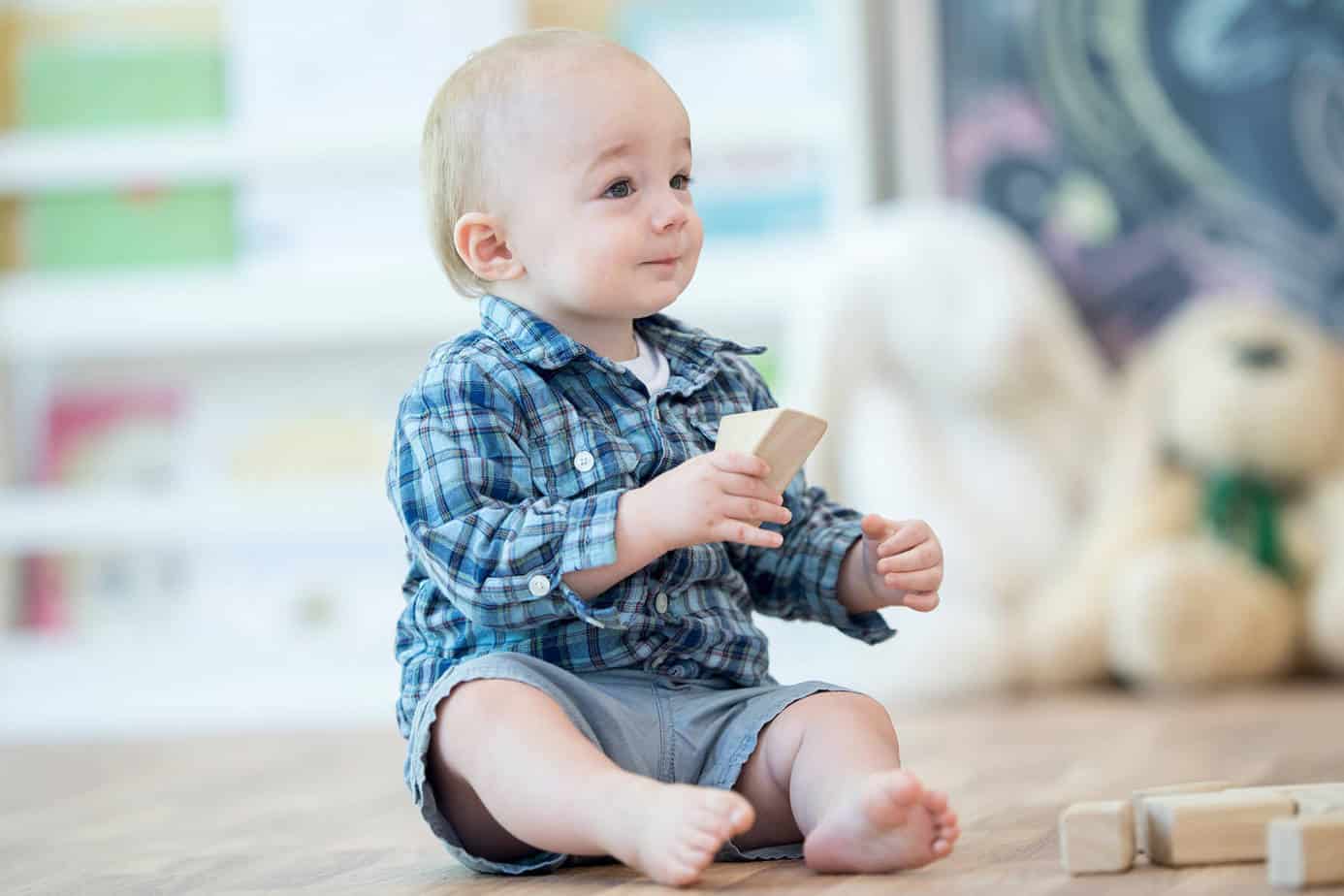Your Toddler’s Imaginary Friend

Have you ever been asked to save a seat or open the door for your toddler’s friend but you have no idea who they are talking about? Two out of three children create imaginary friends, so don’t be surprised if your toddler has one at some point.
Imaginary friends usually appear when a toddler is between two and a half and three years of age and as they grow older and are preparing for school their friend usually disappears. Generally, it is an only child or the oldest child who has an imaginary friend. However it doesn’t mean they are lonely – often, they are simply being creative and imaginative.
Imaginary friends can come in many different forms – they may be a magical person or an animal or they may even change as your child gets older.
What does your toddler’s imaginary friend provide?
- A companion to play creatively with
- Practice using their social skills
- No judgement
- Allows them to feel they are in charge/control during a time when they may feel that they are being controlled
- Helps them deal with strong feelings such as fear and anger
- Let’s them experience a part of life that is private from adults
- Insight into problems, for example, if their imaginary friend is afraid of getting their hair cut, it is very likely this is coming from your little one’s own fear and attempts to manage it.
Parenting your toddler and their imaginary friend
- Accept their friend. Set them another place at the table if they ask, within the setting of a game just like you would with their dolls or teddies
- Let them take the lead. If they want to keep their relationship private or if they want to involve you in the friendship, allow them to
- Trying to escape consequences. They may try and pass blame onto their imaginary friend if asked to do something they don’t want to, like packing away toys. Try the approach of “why don’t you help your friend pack away the toys?”
- Gradually they’ll move on. As your toddler gets older and plays with other children more and more, their imaginary friend won’t be as appealing as the real world and they will eventually disappear.
When to be concerned
In some instances, toddlers may become so dependent on their imaginary friend they won’t want to interact or play with their real life friends. If this is the case for your toddler, arrange a play date with other toddlers or play games with them and involve the rest of the family to get them involved in the real world.
When your little one becomes more comfortable in their world, they will eventually come to realise that their imaginative companion is just ‘pretend’.
If your child continues to be overly dependent on their imaginary friend that they do not enjoy real life situations nor begin to experience anxiety with other children, you may want to consult your health care professional.


